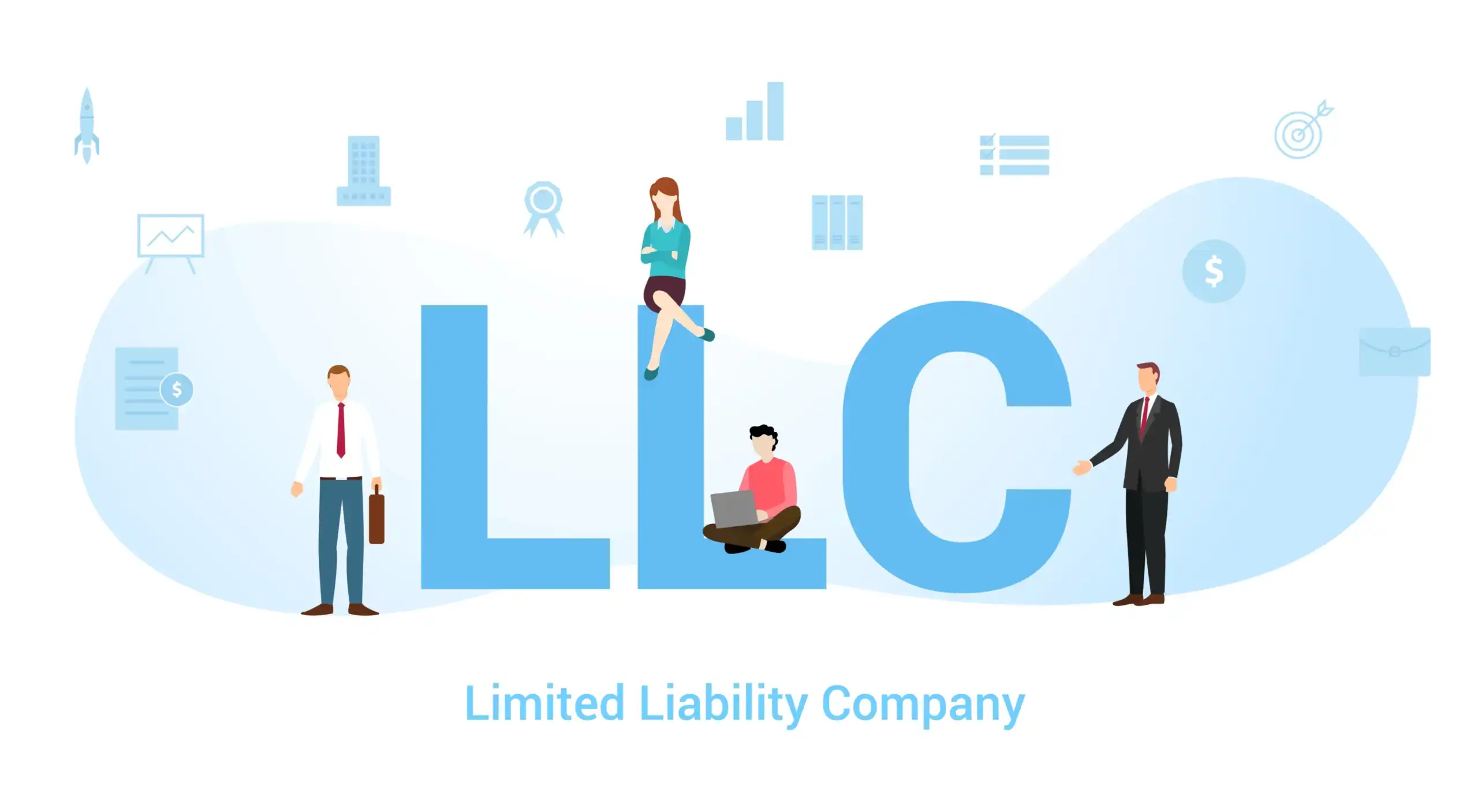Wealth management as a topic may cause fear in many individuals and especially to those who earn high incomes and who need to secure, increase and transfer their wealth in a prudent manner. The increase in income also brings about more responsibility- and to the individuals who are interested in maximizing their income, it is imperative to know what strategies can assist in the creation of long-term financial prosperity. As a successful business owner, executive or an investor, the proper strategies in place can mean everything when it comes to making sure your financial future is secured.
This article is going to explore the most effective wealth management strategies that high-income earners can implement, with the most frequent pain points and solutions outlined. Whether it is smart tax planning or diversified investment portfolios, we will look at how to manage your wealth in the current financial environment.
What is High-Income Earners Wealth Management?
Wealth management is not limited to investment management but encompasses the entire method of controlling and increasing your money resources. It is all about getting as much wealth as possible and as little risk as possible to the high-income earners. This may involve tax and retirement planning, estate planning, and charitable giving, among many other things.
As opposed to the classical approach to financial planning that is more about saving and budgeting, wealth management of people with high income is based on developing a strategy that will guarantee financial increase, wealth maintenance, and work with more complicated financial objectives.
Major Wealth Management Principles
1. Intelligent Tax Planning: Reduction of Tax Liabilities
Tax is one of the major issues of high-income earners. The more you earn, the higher the amount of tax you will pay and unless you have the right strategies, taxes may consume a good percentage of your income.
Tactics of reducing tax include:
- Maximize tax-advantaged accounts: Maximizing retirement accounts like 401(k)s or IRAs can reduce taxable income.
- Tax-efficient investing: Tax-efficient investments such as municipal bonds, which do not pay federal income tax.
- Income splitting: Share the income with family members that are in lower tax brackets.
Tax planning is very important as it can contribute to a large change in the amount you end up retaining of your income so it is essential to consult a tax expert to help you come up with strategies that will support your objectives.
2. Diversification: Assembling a Portfolio
Having a diversified portfolio is the best way of reducing risk and exploiting other opportunities in the market. The people with high income usually have access to several investment opportunities and one should diversify their investments by investing in different types of assets, such as stock, bonds, real estate, and alternative assets, such as private equity or venture capital.
The importance of diversification:
- Reduces risk: The portfolio will allow you to reduce the risk of overreliance on a market or industry.
- Balances returns: Balanced returns are achieved by a combination of low-risk and high-risk investments.
- Hedge against market volatility: In case one sector is performing badly, others can be performing well.
One of the most effective ways of combating market uncertainty is to have a well-diversified portfolio.
3. Retirement Planning: Saving a Good Future
It may seem that retirement is too far away to consider even in high-income earners, however, the sooner you start planning, the more comfortable your retirement will be. Individuals who earn high income are advised to utilize retirement plans where they receive tax incentives, including 401 (k), Roth IRA, or SEP IRA.
Also, it can be prudent to invest in other sources of income, like real estate or dividend-yielding stocks, to supplement their retirement income to those with high incomes.
Best retirement planning advice:
- Make payments to tax deferred and tax free retirement accounts.
- Increase the number of sources of retirement income.
- Think about healthcare expenses in the future and prepare them in advance.
4. Estate Planning: Guarding Your Legacy
Estate planning is very important when it comes to the transfer of your wealth to your heirs in a manner that reduces estate taxes and conflicts. This is particularly relevant to the high-income earners who possess a lot of assets to safeguard.
Estate planning entails:
- Writing a will: You should have a will that will guide the disposal of your assets upon your death.
- Establishing trusts: Trusts may be used to control the allocation of your assets, reduce taxation, and secure your beneficiaries financially.
- Life insurance: A properly designed life insurance policy can pay the estate taxes and support the dependants.
Estate planning is an ongoing process that needs to be revisited at least once every year as your financial status evolves.
5. Philanthropy: Smart Giving
There are a number of those who are high-income earners and they want to use their wealth to positively change the world. Charitable giving is not only a good strategy of wealth management but also, as a result of tax advantages.
The charitable giving strategies are:
- Donor-advised funds: In this, you can make a contribution to a fund that you can later use to make donations to charities, but you get a tax deduction now.
- Charitable remainder trusts: These grant an income to the donor during his or her lifetime and then the rest of the assets are given to the charity.
- Appreciated asset gifts: Gifting of appreciated stocks or properties will enable you to dodge the capital gains tax.
Charitable giving can be a strategy to achieve personal satisfaction and also financial rewards.
6. Insurance: Security of Your Riches
Wealth management of high-income earners cannot be complete without insurance. The right coverage can help you to secure your wealth and keep you out of unpredictable incidents.
Insurance types to consider:
- Umbrella insurance: It offers an extra amount of liability cover in addition to standard policies, which are applicable to people with high assets.
- Disability insurance: This insures you in case you are unable to work.
- Long term care insurance: This covers the expenses of long term care that may be quite expensive without the proper insurance.
7. Financial Advisory: Professional Advice
To achieve these strategies, it is advisable to work with a financial advisor. Advisors will offer a customized advice, can handle your investments and will help you stay on course to achieve your financial objectives. They also assist in the complicated part of wealth management such as tax planning, estate planning and risk management.
The value added by a financial advisor:
- Allows you to be disciplined towards long term financial objectives.
- Offers professional advice on investments and taxation.
- Will save you time because it takes care of the complexities of wealth management.
Conclusion
Wealth management is not a stationary process, as high-income earners encounter some peculiar financial issues. You will be able to manage your wealth and assure your financial future by taking some steps like tax planning, diversification, retirement planning, and estate planning.
The bottom line: collaborate with professionals who will be able to walk you through these strategies and make them fit your personal needs. A good wealth management strategy is needed whether you want to multiply your wealth, secure your assets, or prepare yourself financially.
So, you are ready to start? Contact us at The Finance Focus and get individualized wealth management tips and begin creating a safe financial future immediately.









